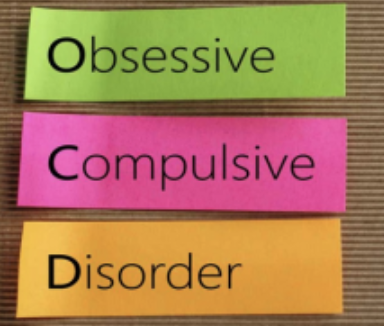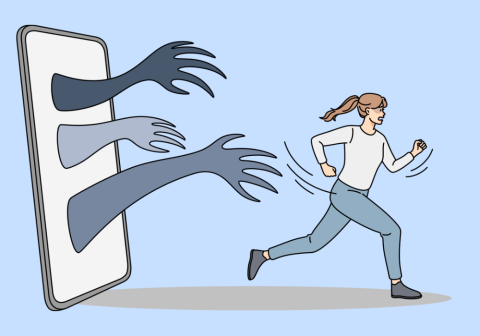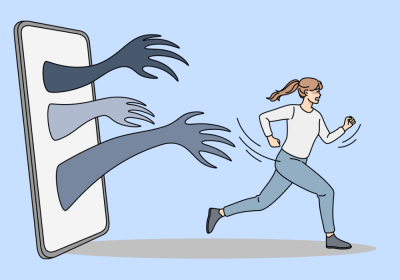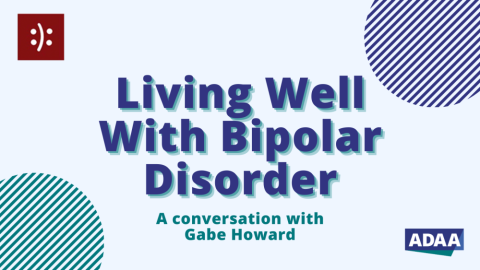People who have OCD did not do anything to cause it. And it isn’t caused by the way parents raise their children. OCD is a neurobiological disorder — not a condition that is caused by action or inaction.
Here are some common misperceptions about the causes of OCD:
Stress doesn’t cause OCD. But if a person is genetically predisposed to OCD or has a subclinical case of the disorder, a stress trigger or trauma may precipitate symptoms, which also sometimes begin after a severe trauma such as the death of a loved one. Other stress triggers include the birth of a sibling, a marriage or divorce, a move to a new home or new community, a transition to a new school or new school year, or a natural disaster such as an earthquake or tornado. And if OCD symptoms are already present, stress can worsen them. Anxiety, fatigue and illness — even the stress associated with holidays, vacations, and other positive events — can affect OCD.
Illness. Childhood illnesses do not cause OCD, although there is growing evidence that strep throat, the flu, or other severe bacterial or viral infections may trigger the sudden onset of symptoms in children who are genetically predisposed to OCD.
Parenting. No evidence exists that the way parents raise or discipline their children causes OCD. Parents should not be blamed when a child exhibits OCD symptoms.
Family accommodations. Although family problems don't cause OCD, families may unintentionally have an effect on the maintenance of OCD symptoms. To decrease the distressful experiences of a person, family members frequently accommodate OCD behaviors. They may provide verbal reassurance when the person requests it, conduct rituals with the person, or provide items needed to carry out rituals, such as soap for handwashing. Although they usually mean well, family members may be enabling the person with OCD, which can help to worsen the symptoms. They may also worsen the symptoms by reacting to the rituals with criticism or hostility. Family members should seek to develop skills to help their loved ones overcome and manage the disorder.
















